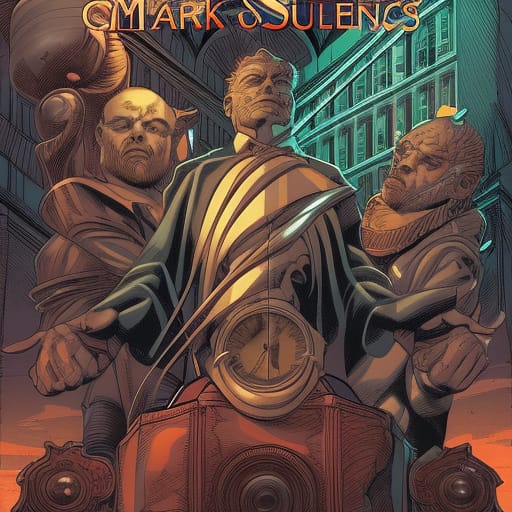The US Constitution established a Federal government with powers divided to provide checks and balances. Clearly this system of checks and balances has been largely eroded.
The laws passed by Congress have delegated its legislative responsibilities to the Executive branch. Laws are written that grant regulation writing power to the Executive. Laws are written that delegate the power to start offensive wars.
The Executive branch routinely issues executive orders and waivers that either nullify the enforcement of existing laws or rewrite them. Executive orders are often used to initiate the enforcement of rules that are in effect new laws that have not been passed by Congress.
The Supreme Court has been toothless in defending the Constitution by limiting the Federal government to the powers expressly granted. This raises the question, why would we even have an expectation that the Supreme Court should have jurisdiction to rule on matters of law for which the Federal government has not been granted any power. When all powers not expressly granted to the Federal government are reserved to the States and the People, it should be clear that the US Supreme Court should be similarly limited. Would it not make sense for State Supreme Courts to retain ultimate authority for all such matters instead of deferring to the US Supreme Court?
When the Executive branch oversteps its authority, what possible remedy is possible, when it requires a super-majority of Congress to impeach, and the US Supreme Court is largely deferential to Congress and the Executive?
We are left to resort to State nullification by the sovereign states and jury nullification by sovereign individuals. Through these means we can safeguard the powers that are reserved to the States and the People, when the Federal government has betrayed us and the Constitution to which they pledged to defend.
